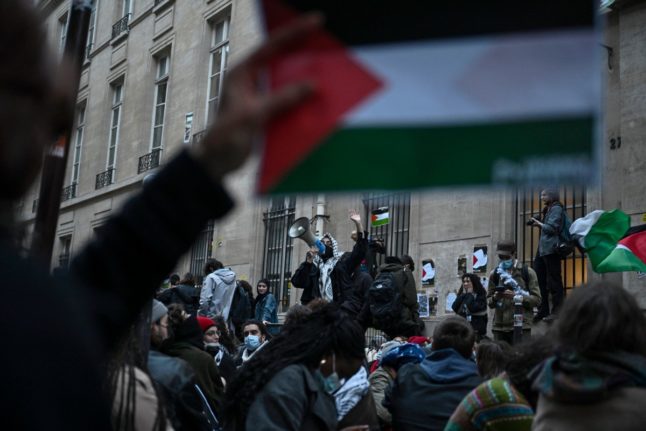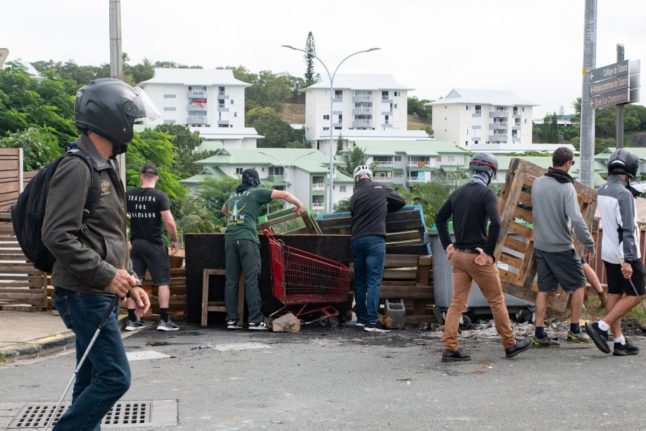“I have decided to suspend all regional funding for Sciences Po until calm and security have been restored at the school,” Valerie Pécresse, the right-wing head of the greater Paris Île-de-France region, said on social media on Monday.
She took aim at “a minority of radicalised people calling for anti-Semitic hatred” and accused hard-left politicians of seeking to exploit the tensions.
Regional support for the Paris-based university includes €1 million earmarked for 2024, a member of Pécresse’s team told AFP.
On Tuesday, the university’s acting administrator, Jean Basseres, said he regretted the decision.
“The Ile-de-France region is an essential partner of Sciences Po, and I wish to maintain dialogue on the position expressed by Mrs Pécresse”, he told French daily Le Monde in an interview published Tuesday.
In an echo of tense demonstrations rocking many top US universities, students at Sciences Po have staged a number of protests, with some students furious over the Israel-Hamas war and ensuing humanitarian crisis in the besieged Palestinian territory of Gaza.
France is home to the world’s largest Jewish population after Israel and the United States, as well as Europe’s biggest Muslim community.
University officials called in police to clear a protest last week. On Monday, police broke up a student protest demanding an end to Israel’s bombardment of Gaza at Sorbonne, another top French university.
Higher Education Minister Sylvie Retailleau said on Tuesday the French government had no plans to suspend funding for Sciences Po.
Speaking to broadcaster France 2, she estimated the state’s funding for the university at €75 million. She said there had been “no anti-Semitic remarks” and no violence had been committed during the demonstrations.
Both Basseres and Retailleau also said there were no plans to suspend Sciences Po’s collaboration with universities in Israel.
Critics on the left have denounced Pécresse’s announcement.
“It’s shameful and an absolute scandal,” said Mathilde Panot, the head of hard-left France Unbowed (LFI) deputies in parliament, adding the behaviour of the students was a “credit to the world and a credit to our country”.



 Please whitelist us to continue reading.
Please whitelist us to continue reading.
Member comments